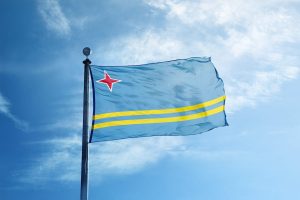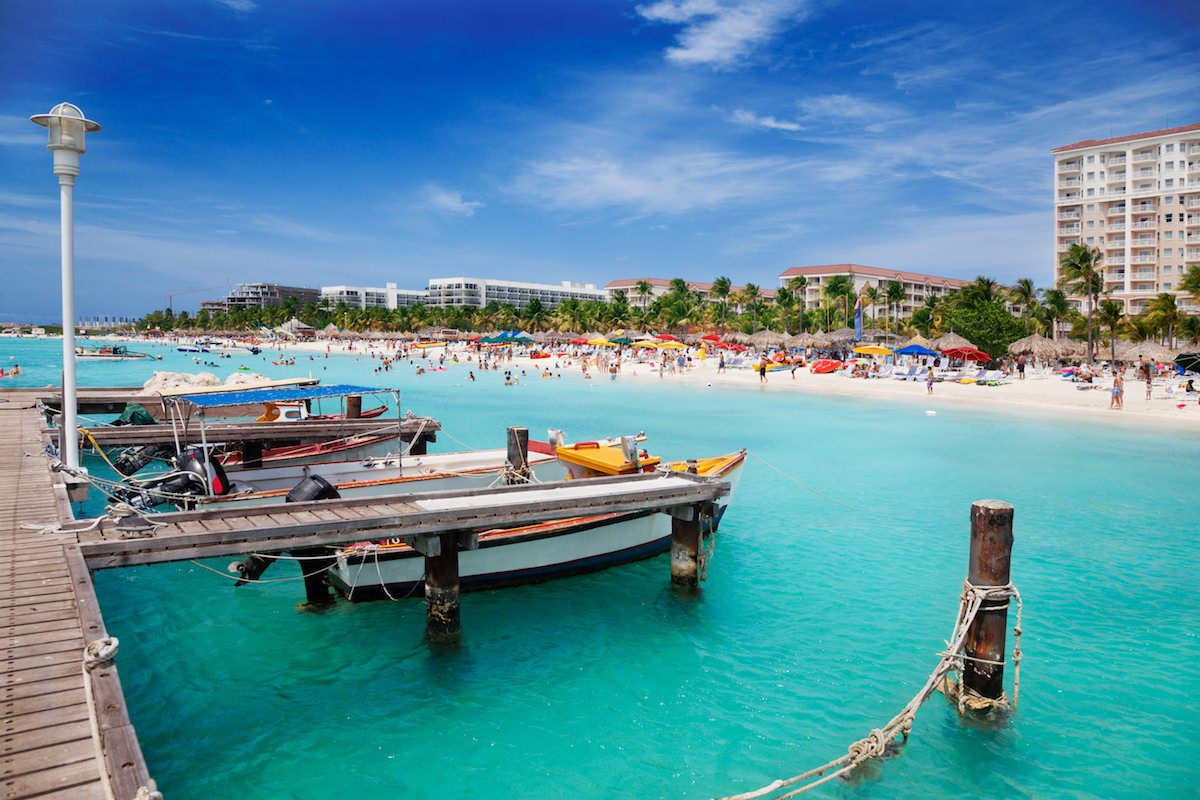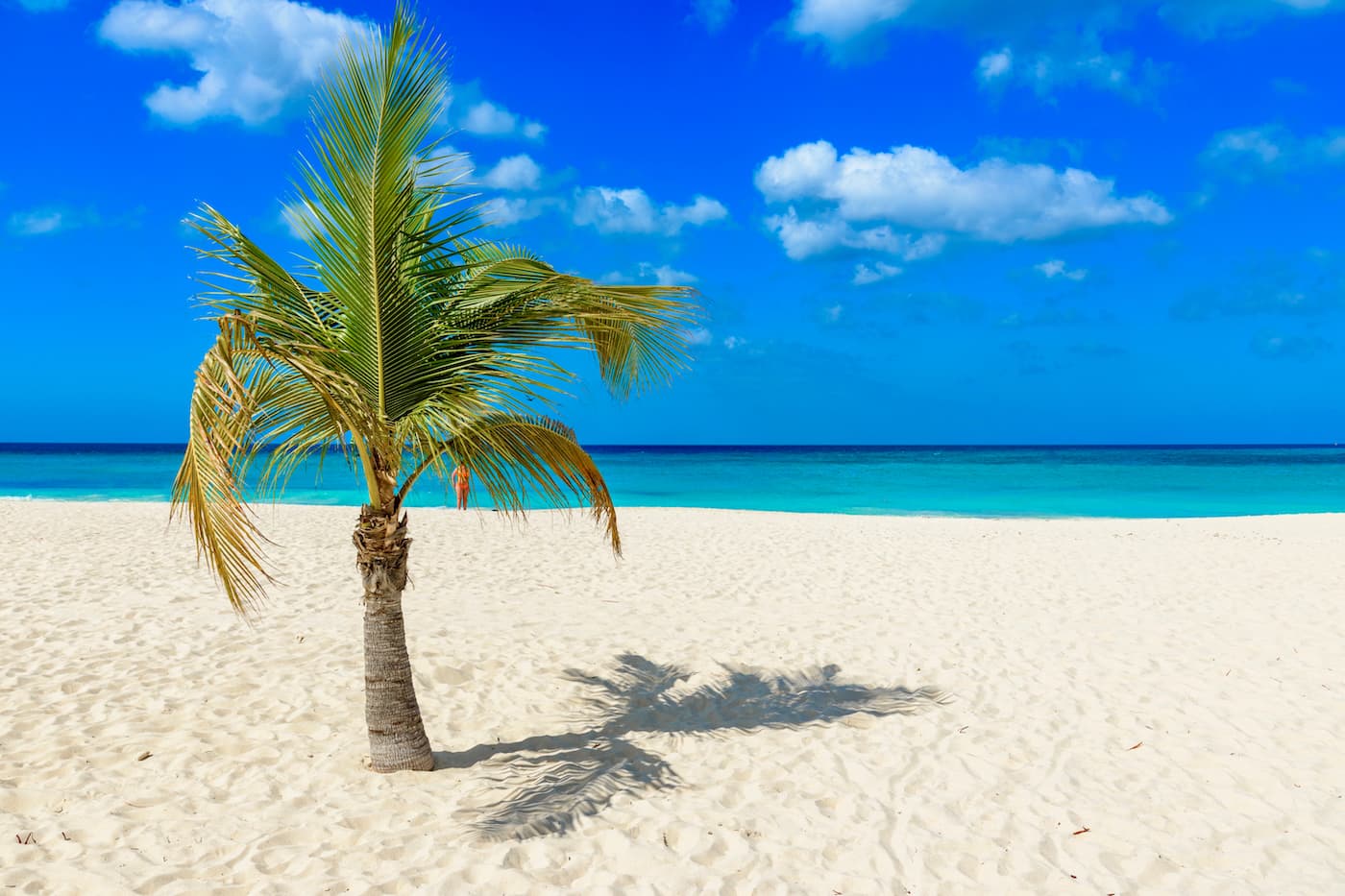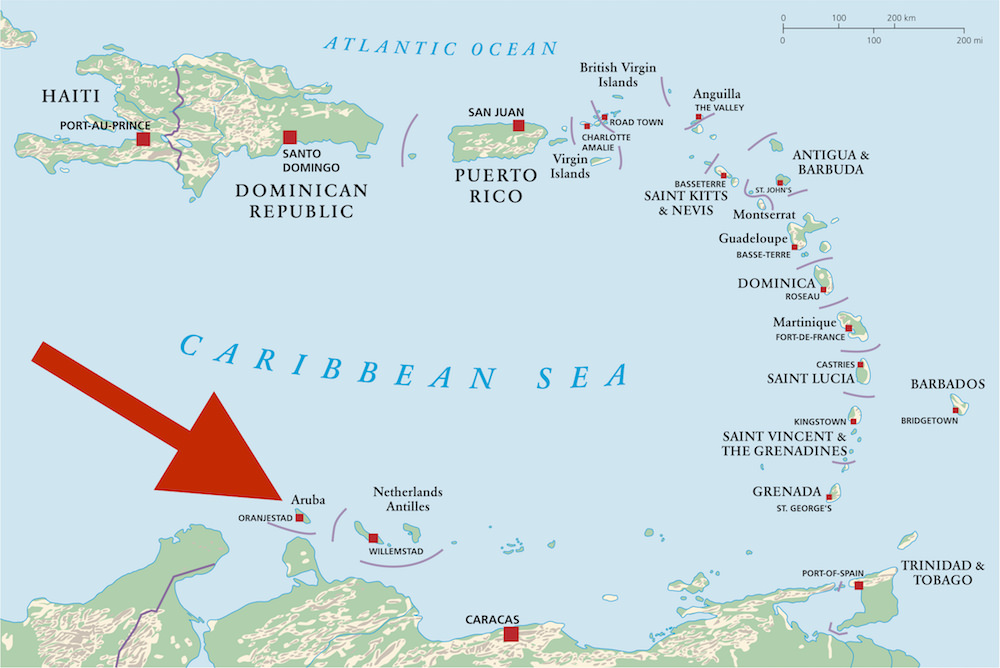What Language Do They Speak in Aruba?
The official languages of Aruba are Dutch and Papiamento. Dutch is the administrative language in Aruba, and the education system in Aruba includes Dutch as a compulsory subject in primary and secondary schools. However, most students speak Papiamento with each other and with teachers.
Papiamento is a creole language with influences from Portuguese, Spanish, Dutch, and African languages. English and Spanish are widely spoken and understood, particularly in areas that are popular among tourists.
Dutch
Dutch is spoken in Aruba due to the historical and political ties between the Netherlands and Aruba. Aruba was colonized by the Dutch in the 17th century and remained under Dutch control until it gained autonomous status within the Kingdom of the Netherlands in 1986. As a result, the Dutch language and culture have had a significant influence on Aruba.
Dutch became the official language of Aruba alongside Papiamento when the island gained autonomy. The use of Dutch in official capacities, such as government, education, and legal systems, was established to maintain ties with the Netherlands and ensure compatibility with Dutch laws and regulations. Dutch is taught in schools, and proficiency in Dutch is important for access to higher education and employment opportunities.
Spanish
Spanish is commonly understood and spoken by many Arubans. Aruba’s proximity to Spanish-speaking countries in the Caribbean and Latin America, such as Venezuela and Colombia, has influenced the presence of Spanish on the island. In areas heavily frequented by tourists, such as hotels, resorts, restaurants, and shops, it is common to find employees who can speak Spanish fluently or at least have a basic understanding of the language. Additionally, Spanish-language media, including television, radio, and newspapers, are available in Aruba, allowing residents to access Spanish-language content.
People who speak Spanish fluently often feel like they can understand a lot of Papiamento, when they read a text out loud or when they hear someone speak it!
Papiamento
In daily life, Papiamento is the most widely-spoken language on the ABC Islands (Aruba, Bonaire, and Curaçao.) Although the exact historical origins of this native language have never been established with linguistic research, the language is derived from Portuguese and African languages, and it has been influenced by several American Indian languages, English, Spanish, Dutch, and French. It is a Creole language. The language also plays an important role on the Windward Islands of the Netherlands Antilles – St. Maarten, St. Eustatius, and Saba. Papiamento is generally considered to be a relatively small language, with a vocabulary that is estimated to be around 35,000 words. This is significantly smaller than the vocabularies of many other languages, such as English, which has a vocabulary of around 170,000 words.
Video
Learn more about the origins of Papiamento in the well-researched video below!
Papiamento and Papiamentu Dialects
Papiamento has two dialects:
Papiamento is spoken mainly in Aruba, and Papiamentu is spoken mainly in Bonaire and Curaçao.
Overall, Aruban Papiamento sounds more Spanish than Papiamentu. Most people on Aruba who speak the language are multilingual, as they are also able to speak English, Dutch, and Spanish.
Papiamento has been the official language of Aruba since 2003.
Examples
Try to learn some Papiamento by studying the examples below.
Even if you learn just a few sentences, the locals will appreciate it, guaranteed!
| English | Papiamento |
|---|---|
| Welcome | Bon biní |
| Hello | Bon dia |
| Good morning | Bon dia |
| Good afternoon | Bon tardi |
| Good evening | Bon nochi |
| Good night | Bon nochi |
| Good-bye | Ayo |
| Excuse me | Despensa mi |
| How are you doing? | Con ta bai? |
| How old are you? | Kuantu aña bo tin? |
| What’s your name? | Kon yama bo? |
| My name is… | Mi nomber ta… |
| Very good | Mashá bon |
| Thank you! | Danki! |
| You’re welcome | Di nada |
| Where are you from? | Do unda bo ta? |
| I am from… | Mi ta di… |
| I am fine | Mi ta bon |
| Please | Por fabor |
| Sweetheart, sweet | Dushi |
| Nice to meet you | Un plaser di konose bo |
| Aruba is beautiful! | Aruba ta Bunita! |
| I speak English | Mi ta papia Ingles |
| Do you speak English? | Bo por papia Ingles? |
| How do you say … in Papiamento? | Con bo ta bisa … den papiamento? |
| Where can I eat local food? | Unda mi por kome kuminda krioyo? |
| How much does this cost? | Cuanto esaki ta costa? |
| What are the best beaches of Aruba? | Kí ta e mehor beaches di Aruba? |
| Merry Christmas! | Bon Pasco! |
Aruba Sayings and Expressions
Like Curaçao and Bonaire, Aruba has a vibrant local culture with its own expressions and proverbs.
Here are a few well-known sayings and expressions in Papiamento:
- “Bon bini” – This is a common greeting in Aruba that means “welcome” in the local language.
- “Poko poko” – this translates to “little by little” and is often used to encourage patience or to remind someone to take things slowly.
- “Sali pa kere” – It means “come to believe” and is used to express surprise or disbelief.
- “Un cabuya ta corta dos biaha” – This proverb translates to “a rope cuts twice,” conveying the idea that taking shortcuts can lead to more work or complications in the long run.
- “Bo ta masha duro” – It means “you’re very stubborn” and is used to describe someone who is determined or headstrong.
- “Cu boca cu mi sa” – translates to “with my mouth, I know” and is often used to emphasize that someone’s words can be trusted.
- “Kabes ta traha otro” – This proverb means “one head makes another,” highlighting the power of collaboration and shared knowledge.
- “Masha dushi” – It means “very sweet” and is often used to describe something delightful, such as delicious food or a beautiful view.
These expressions are commonly used in Aruba, and may also be found in other Dutch Caribbean islands or have similarities with Papiamento spoken in Curaçao and Bonaire.






